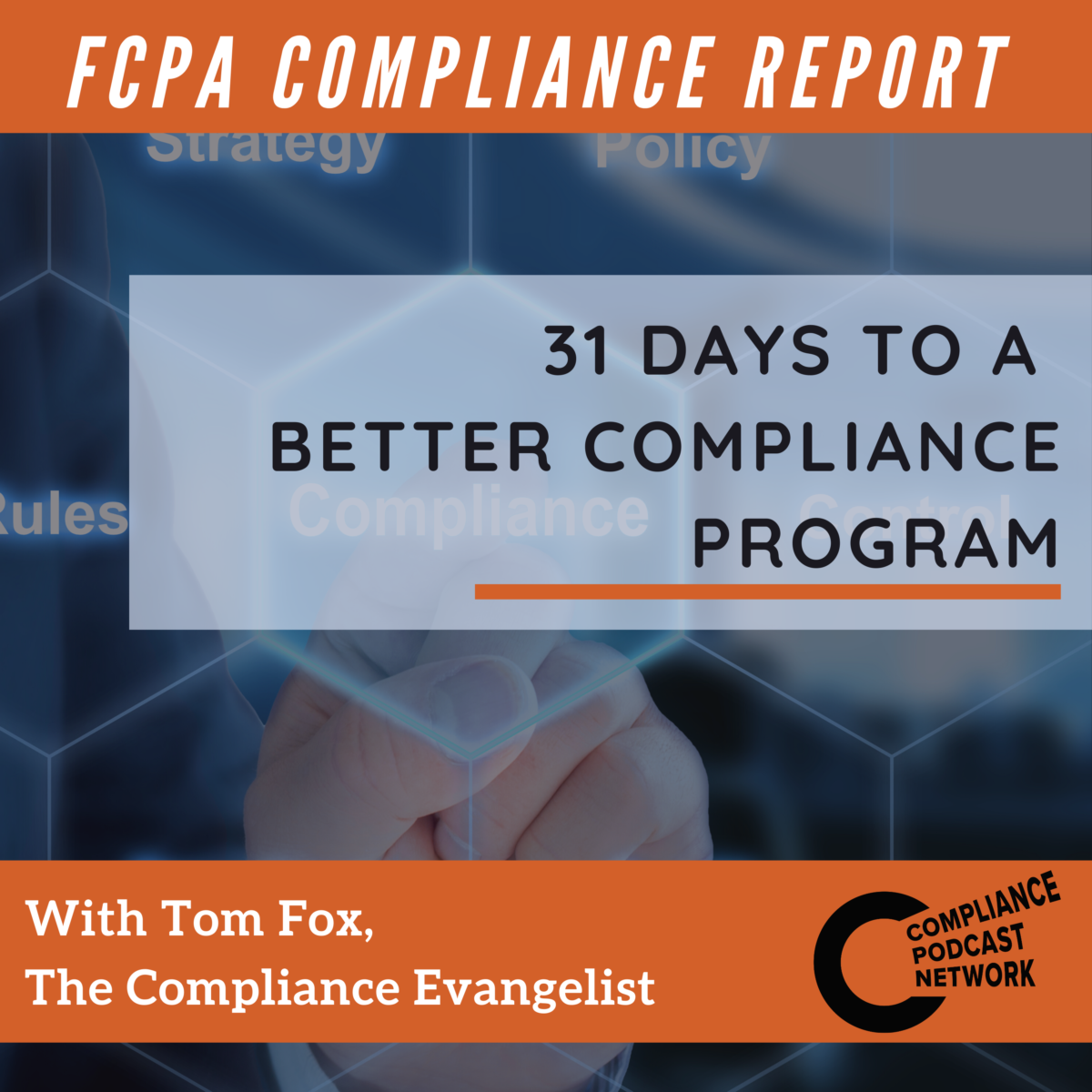Many companies have an investigation protocol in place when a potential Foreign Corruption Practices Act (FCPA) or other legal issue arises. However, many Boards of Directors do not have the same rigor when it comes to an investigation, which should be conducted or led by the Board itself. The consequences of this lack of foresight can be problematic because if a Board of Directors does not get an investigation, which it handles right, the consequences to the company, its reputation, and value can all be quite severe.
In an article in the Corporate Board magazine, entitled “Successful Board Investigations”; David Bayless and Tammy Albarrán, wrote about five key goals that any investigation led by a Board of Directors must meet.
They are:
-
- Thoroughness – The authors believe that one of the key, and most critical, questions that any regulator might pose is just how thorough is an investigation; to test whether they can rely on the facts discovered without having to repeat the investigation themselves. Regulators tend to be skeptical of investigations where limits are placed (expressly or otherwise) on the investigators, in terms of what is investigated, or how the investigation is conducted. This question can be an initial deal-killer particularly if the regulator involved views an investigation insufficiently thorough, its credibility is undermined. And, of course, it can lead to the dreaded ‘Where else’ question.
- Objectivity – Here the authors write that any “investigation must follow the facts wherever they lead, regardless of the consequences. This includes how the findings may impact senior management or other company employees. An investigation seen as lacking objectivity will be viewed by outsiders as inadequate or deficient.” I would add that in addition to the objectivity required in the investigation, the same must be had with the investigators themselves. If a company uses its regular outside counsel, it may be viewed with some askance, particularly if the client is a high-volume client of the law firm involved, either in dollar amounts or in several matters handled by the firm.
- Accuracy – As in any part of, a best practices anti-corruption compliance program, the three most important things are Document, Document, and Document. This means that the factual findings of an investigation must be well supported. For if the developed facts are not well supported, the authors believe that the investigation is “open to collateral attack by skeptical prosecutors and regulators. If that happens, the time and money spent on the internal investigation will have been wasted, because the government will end up conducting its investigation of the same issues.” This is never good and your company may well lose what little credibility and goodwill that it may have engendered by self-reporting or self-investigating.
- Timeliness – Certainly in the world of FCPA enforcement, an internal investigation should be done quickly. This has become even more necessary with the tight deadlines set under the Dodd-Frank Act Whistleblower provisions. But there are other considerations for a public company such as an impending Securities and Exchange Commission (SEC) quarterly or annual report that may need to be deferred absent as a timely resolution of the matter. Lastly, the Department of Justice (DOJ) or SEC may view delaying an investigation as simply a part of document spoliation. So timeliness is crucial.
- Credibility – One of the realities of any FCPA investigation is that a Board of Directors-led investigation is reviewed after the fact by not only skeptical third parties but also sometimes years after the initial events and investigation. So not only is there the opportunity for Monday-Morning Quarterbacking but quite a bit of post-event analysis. So the authors believe that any Board of Directors-led investigation “must be (and must be perceived as) credible as to what was done, how it was done, and who did it. Otherwise, the board’s work will have been for naught.”
Three Key Takeaways
- The Board should have a written protocol for investigations prepared in advance.
- This gives cover to a Board when regulators come knocking or other third parties seek review.
- Remember the 5 goals of any Board led investigation.




